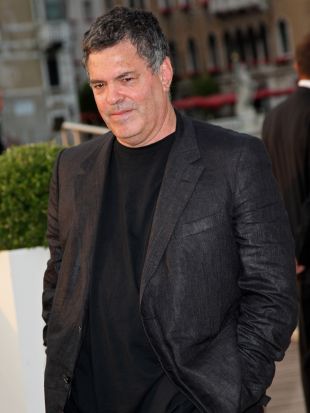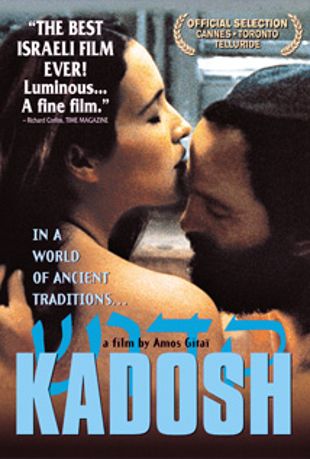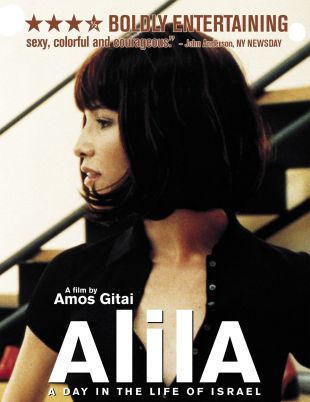A former architecture student who turned to filmmaking following a harrowing near-death experience, Amos Gitai entered the world of film as a documentarian and gradually gravitated toward more fictional celluloid subjects. Gitai's sometimes controversial works often strive to make sense of the endless cycle of violence in the Middle East, and his acute sense of social conscience often bleeds through even into his fictional works.
Gitai was born just two years after the state of Israel was established; his father was a classically trained architect and his mother the daughter of Zionist pioneers. After mandatory military service, the future director attempted to follow in his father's footsteps by studying architecture at Haifa's Technion Institute. It wasn't long before he ventured stateside to study at the University of California-Berkley. Gitai's education was interrupted with the breakout of the Yom Kippur War in 1973, and it was while embarking on a search and rescue mission over Syria that his life would change forever. When the helicopter he was riding in was shot down by enemy gunfire, the cockpit exploded and the ensuing crash killed nearly everyone onboard except for Gitai. Though he would escape the tragedy with only minor physical injuries, the event shook the student to his very core -- sparking a move toward filmmaking by means of a Super-8 camera given to him by his mother as a birthday present.
Gitai's early abstract short films were comprised of obscure images of landscapes and political rallies, and revealed his rare gift for capturing powerful images; his ability to form a compelling narrative structure developed soon thereafter. In the years that followed, Gitai gained a worldwide reputation as a filmmaker unafraid to tackle difficult subjects who was unflinching in his dedication to exploring conflict and resolve to its fullest. Gitai focused his lens on everything from such intensely personal subjects as his home and family life to the intricate layers of life in the Middle East. Early efforts such as House (1978) and Field Diary (1982) explored the tragedy of Palestinian history so deeply that they were, not surprisingly, censored. After returning stateside to earn his Ph.D. in architecture from the University of California-Berkeley, Gitai even turned his lens on the United States for such works as In Search of Identity (1980) and American Mythologies (1981). A move to Paris found Gitai exploring the life of an exile in such fictional works as Berlin Jerusalem (1989, winner of the critic's prize at the Venice Film Festival). Frequent collaborations with acclaimed cinematographer Henri Alékan ensured that his films would be as visually compelling as their subject matter was mentally stimulating. After moving back to his hometown of Haifa in the mid-'90s, Gitai was as busy as ever behind the camera. Following his exploration of the events that changed his life in the 2000 war drama Kippur, Gitai contributed the segment "Israel" to the episodic drama 11'09''01 -- September 11, which probed the devastating effects of the terrorist attack on the United States on the eponymous date.



